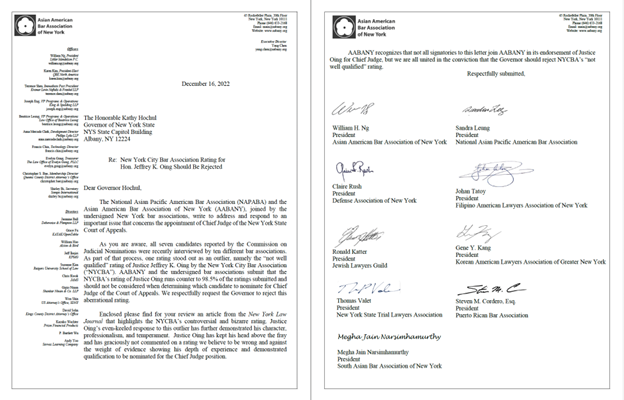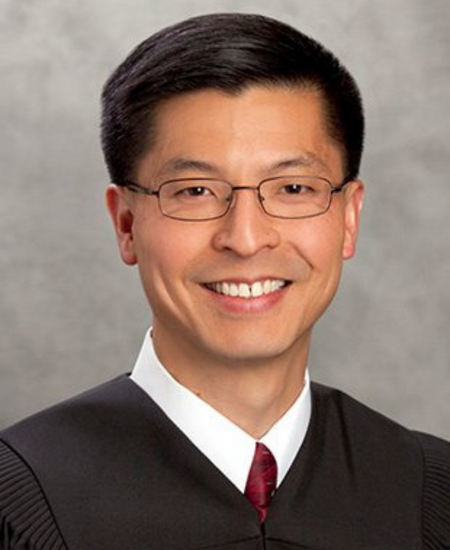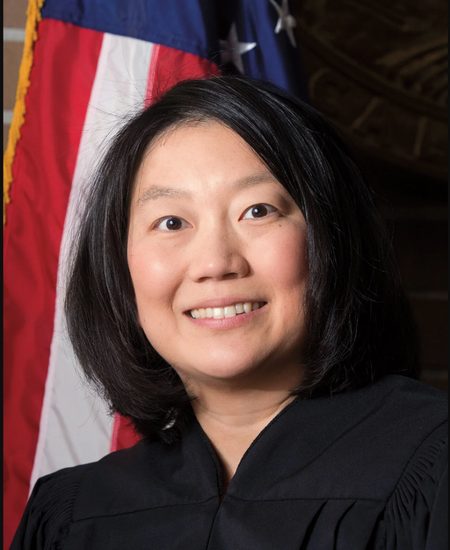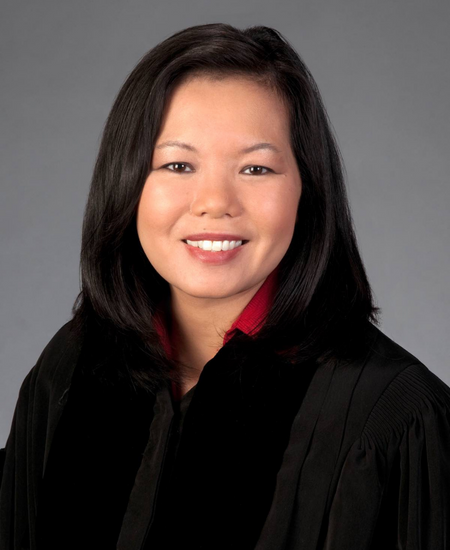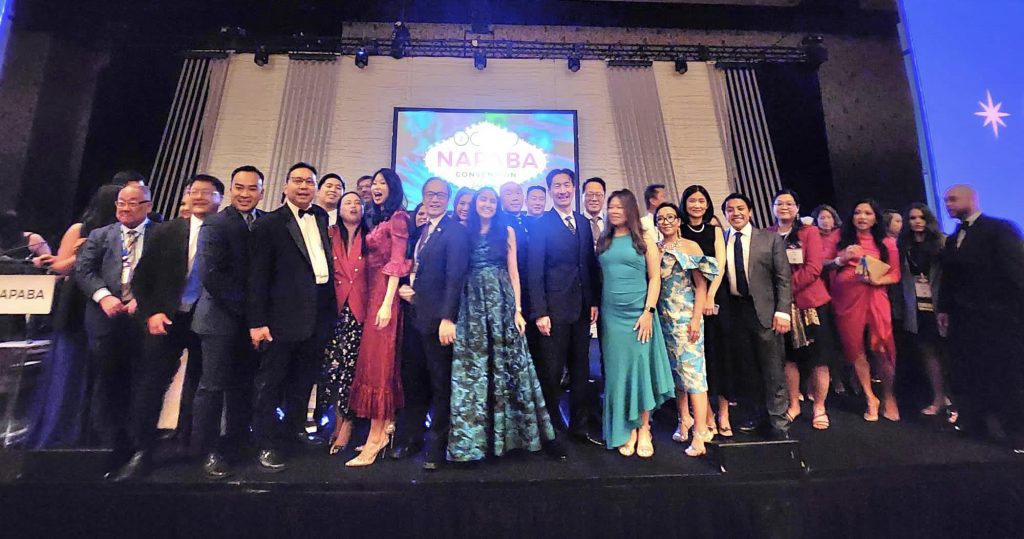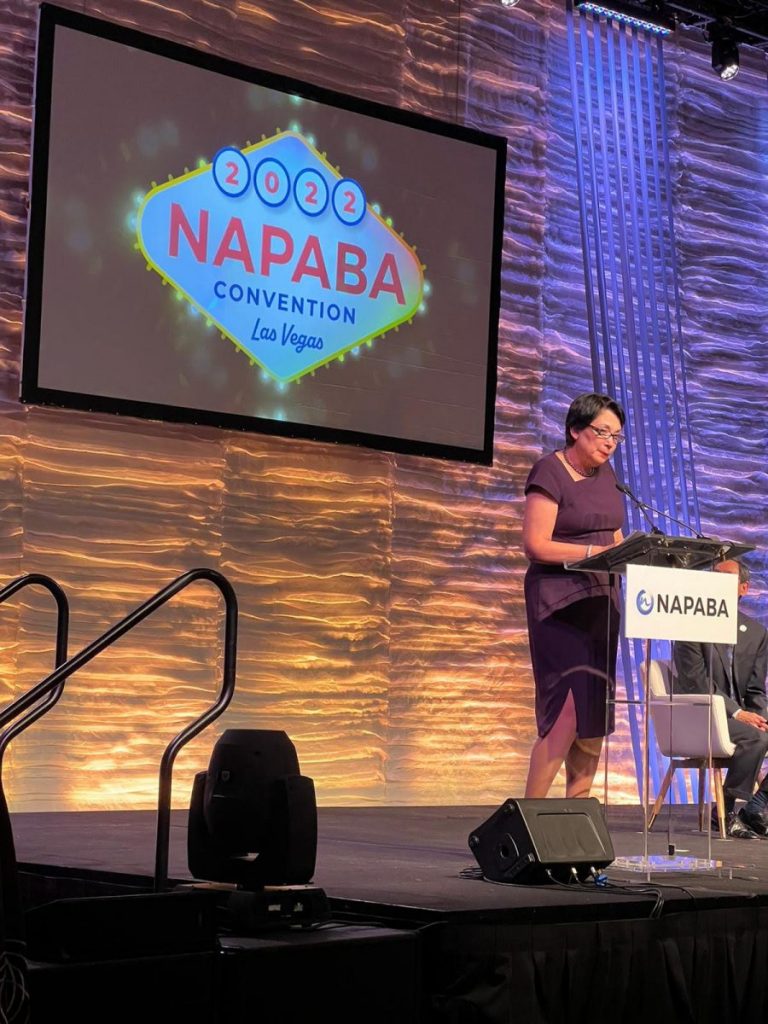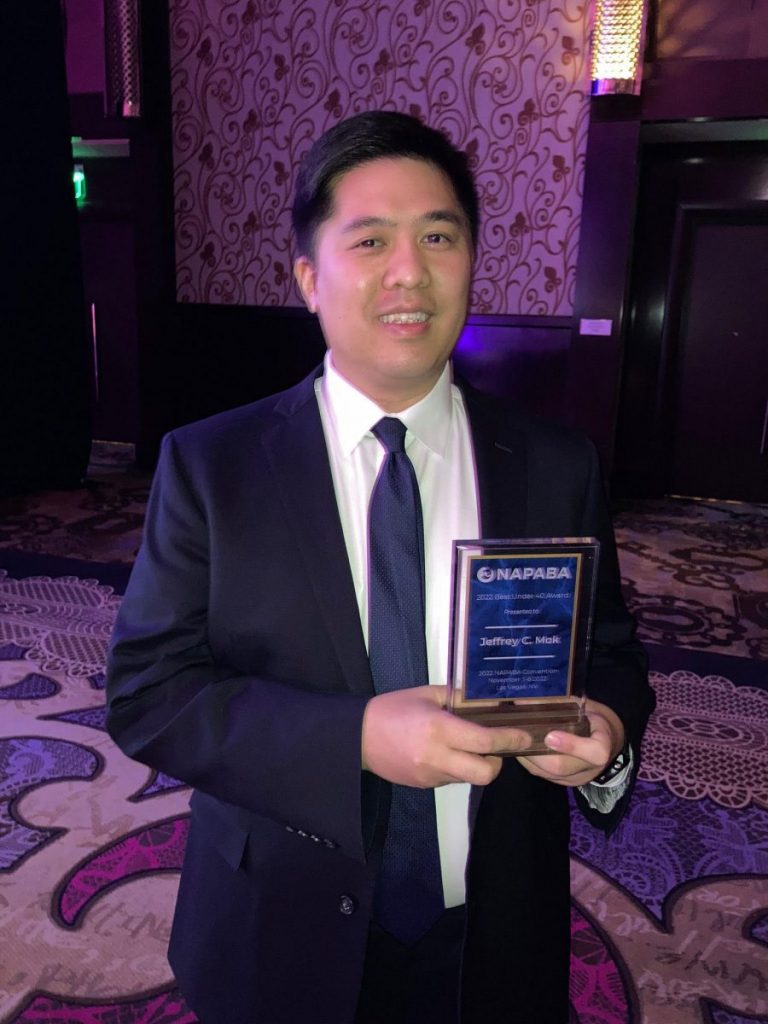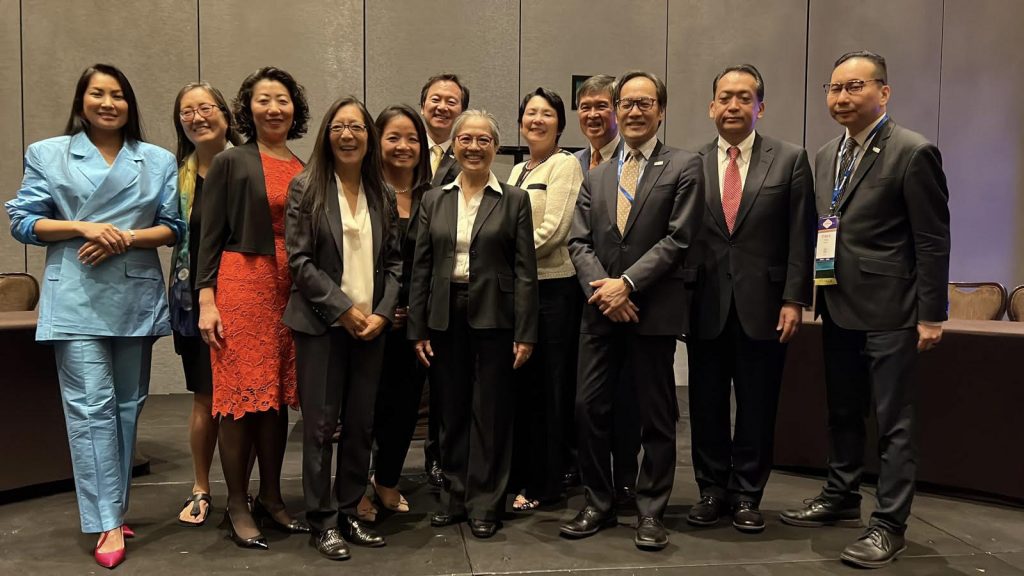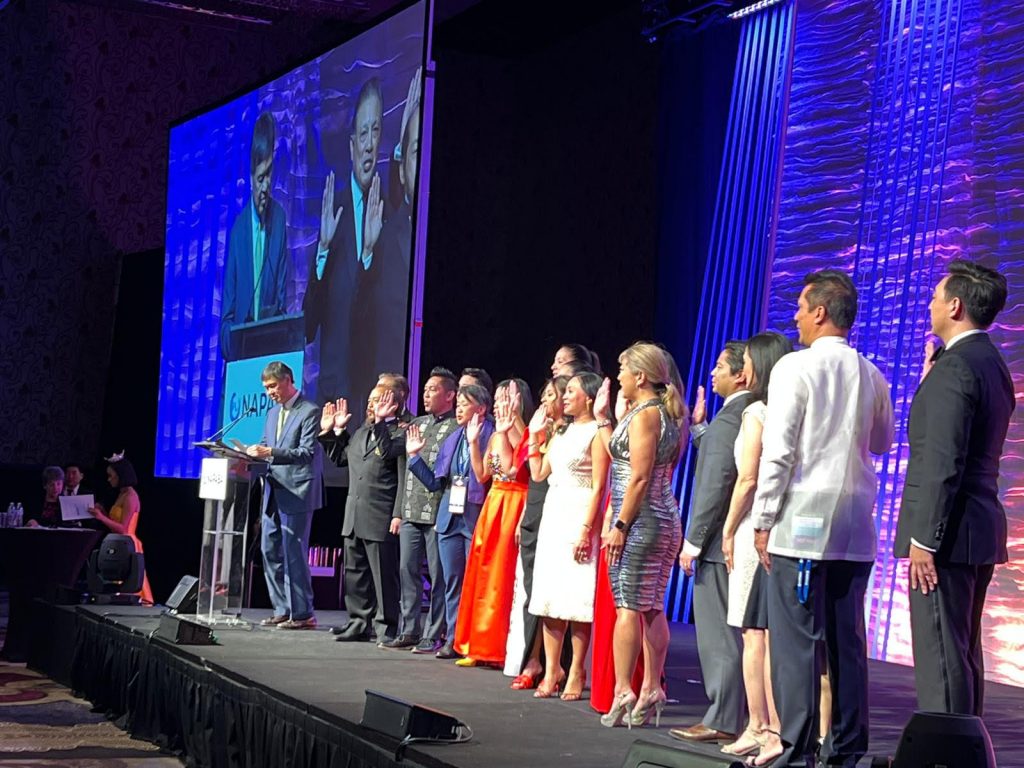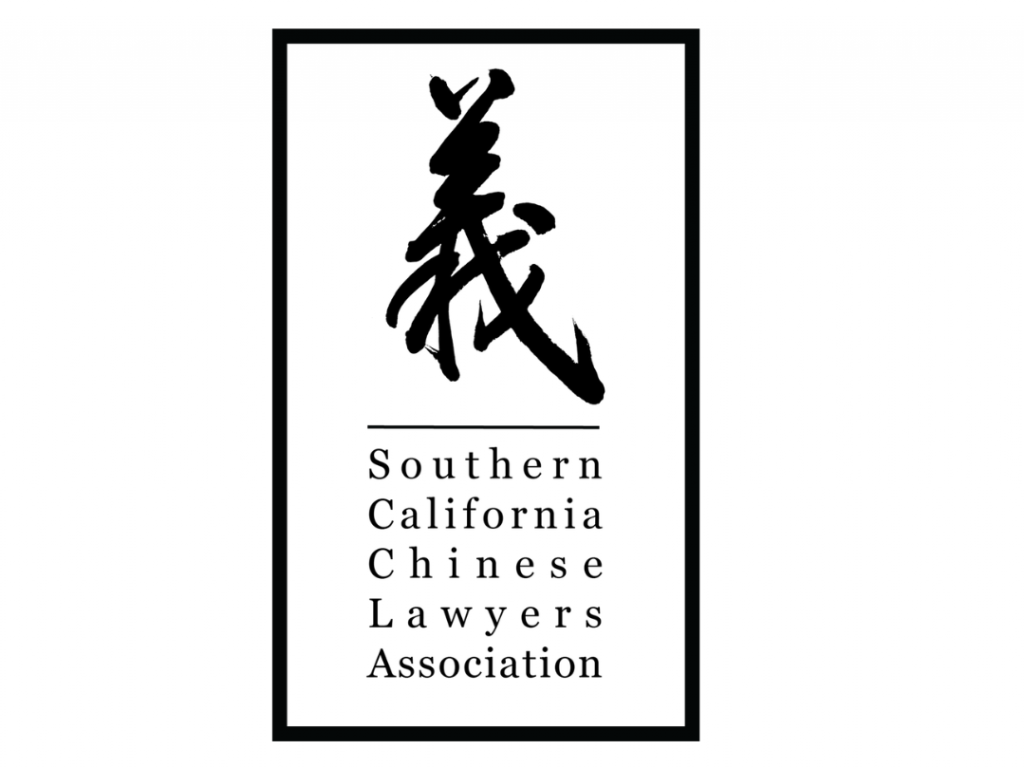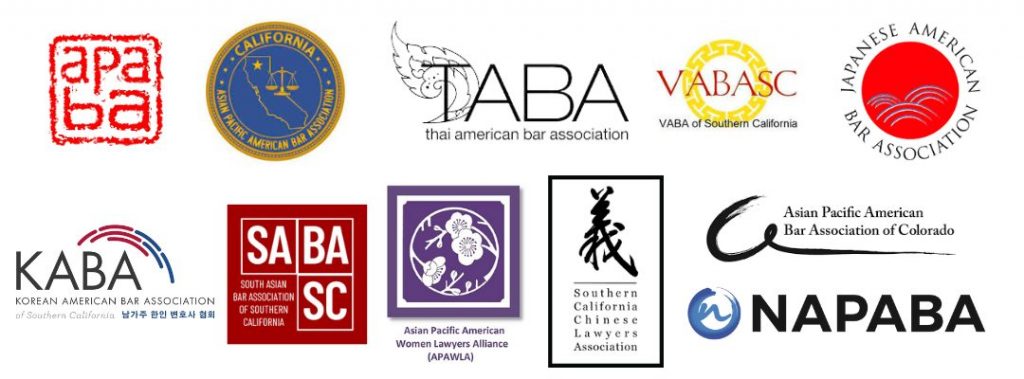
The Asian Pacific American Bar Association of Los Angeles County (APABA Los Angeles County), California Asian Pacific American Bar Association (Cal-APABA), Asian Pacific American Women Lawyers Alliance (APAWLA), Asian Pacific American Bar Association of Colorado (APABA Colorado), Japanese American Bar Association (JABA), Korean American Bar Association of Southern California (KABA SoCal), the National Asian Pacific American Bar Association (NAPABA), South Asian Bar Association of Southern California (SABA-SC), Southern California Chinese Lawyers Association (SCCLA), Thai American Bar Association (TABA), and Vietnamese American Bar Association of Southern California (VABASC), join together to mourn the lives lost, help the people injured, and support a community as it recovers from tragedy. On the eve of Lunar New Year on January 21, 2023, during a time of celebration, a shooter opened fire on members of our community in Monterey Park, resulting in the murder of eleven people and injuring many more.
“APABA Los Angeles County wholeheartedly condemns this horrific act of violence. Our thoughts, prayers, and sympathies are with those affected, including our own families and friends who call Monterey Park home, and we are working with our partners to support the community during this traumatic time,” said Erica Yen, president of APABA. “APABA has had a close connection with Monterey Park since our founding 25 years ago. We have held our monthly pro bono volunteer legal assistance clinic at the Monterey Park Bruggemeyer Library for almost a decade – our second home for many years prior to the COVID-19 pandemic. Later this week on Saturday, January 28, 2023 from 10-12 pm, we will return with renewed determination to help those in need with the re-opening of our in-person pro bono volunteer legal clinic in the Library Friends Room.”
“We are deeply saddened by the violence and loss of life in Monterey Park,” said Asit Panwala, president of Cal-APABA. “After more than two years of trauma, many Asian American families looked forward to this Lunar New Year as a time to come together in joy and celebration. But today we grieve with the families of the victims. We stand with you in love, solidarity, and strength.”
“KABA SoCal is deeply saddened by the tragic mass shooting in Monterey Park that took place on the eve of Lunar New Year,” said Monica Min, president of KABA SoCal. “We mourn the families of the victims and the communities that have been affected by this heartbreaking tragedy. Our thoughts, support, and love are with you.”
“NAPABA stands shoulder to shoulder with the families and communities impacted by this tragic act on what should have been a night of joyful celebration and hopeful possibility,” said Sandra Leung, president of NAPABA. “For many of our members, Monterey Park is home – a place where they grew up, spent time with friends, or visited family. On behalf of our members across the country, NAPABA reaffirms its commitment to assisting communities affected by violence and lends our support to the victims and their families.”
“SCCLA stands united with its sister bar organizations – and the strong community of Monterey Park – in condemning this senseless act of violence,” said Nina Hong, President of SCCLA. “We grieve with the victims, their loved ones, and this wonderful city that many of us call home. We are resolved to stand together to keep the Chinese and AAPI communities safe.”
Our partners at Asian Americans Advancing Justice – Southern California are coordinating a coalition of organizations, including our bar associations, to provide services to the victims and their families. More information about these services can be found here. You can support the official verified fundraiser for the victims and the Monterey Park community, which is endorsed by our organizations, by making a donation on GoFundMe online. One hundred percent (100%) of donations will go toward supporting the victims and their families.
A memorial honoring the victims has been established at Monterey Park City Hall at 320 West Newmark Avenue, Monterey Park, CA 91754. The City of Monterey Park will host a public vigil at City Hall on Tuesday, January 24 beginning at 5:30 pm.
A Survivors Resource Center has been established at Monterey Park’s Langley Senior Center at 400 N. Emerson Ave., Monterey Park, CA 91754. There are mental health resources available for anyone who needs support.
If you have information relating to the ongoing investigation, please call the Los Angeles Sheriff Homicide Bureau at (323) 890-5550.
#
The National Asian Pacific American Bar Association (NAPABA), represents the interests of over 60,000 Asian Pacific American (APA) legal professionals and nearly 90 national, state, and local APA bar associations. NAPABA is a leader in addressing civil rights issues confronting APA communities. Through its national network, NAPABA provides a strong voice for increased diversity of the federal and state judiciaries, advocates for equal opportunity in the workplace, works to eliminate hate crimes and anti-immigrant sentiment, and promotes the professional development of people of all backgrounds in the legal profession.


